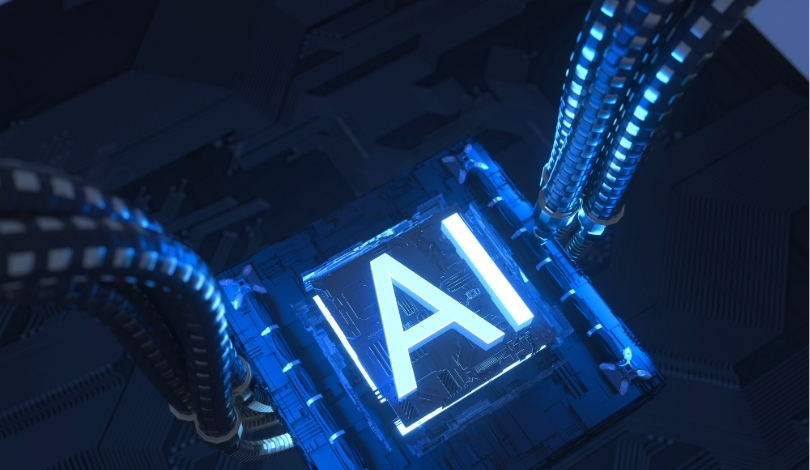Autonomous robotics continues to prompt new discussions as industry leaders pursue ways to integrate advanced systems into warehouse and manufacturing environments. Human-like robots and AI-powered platforms have begun reshaping operational strategies as companies look for scalable, adaptable solutions. Recent developments from Boston Dynamics and Toyota Research Institute (TRI) spotlight efforts to build robots with broader behavioral competence, while other technology firms, such as FieldAI, accelerate investment in foundational robotics models. Global interest in robotics is also highlighted by the World Humanoid Robot Games, revealing growth in competition and standardization. These various strands indicate a coordinated push towards operational automation and enhanced robotic intelligence across multiple sectors.
Previously, Boston Dynamics demonstrated Atlas’s agility with dynamic balance and mobility, but less emphasis was placed on multistep manipulation tasks or language-driven controls. Toyota Research Institute has focused extensively on automotive and mobility robotics rather than generalist humanoid capabilities, so this alliance marks a notable shift toward multi-domain problem solving. FieldAI’s substantial funding surpasses previous investments in the “physics first” modeling approach for robotics, pointing to heightened investor confidence. The World Humanoid Robot Games have moved from small-scale demonstrations to larger, more structured competitions, reflecting increased enthusiasm and regulatory oversight in the robotics space.
What Goals Are Boston Dynamics and TRI Targeting?
Boston Dynamics, in collaboration with Toyota Research Institute, is pursuing development of AI generalist robots capable of handling a broad range of real-world warehouse tasks. Their Atlas humanoid robot is being trained with large behavior models (LBMs) to undertake complex manipulation and navigation. Leveraging end-to-end, language-conditioned policies, Atlas is being readied to complete sequences that require both dexterity and situational awareness. According to Boston Dynamics, “To be useful, humanoid robots will need to be competent at many tasks.” Integration of these adaptable models aims to accelerate wider deployment in logistics and manufacturing.
How Is FieldAI Advancing Robotic Intelligence?
FieldAI, a robotics company based in Mission Viejo, announced securing $405 million in recent investment rounds. These funds are allocated to scale its Field Foundation Models (FFMs), which focus on providing robots with embodied intelligence that accommodates risk and physical constraints. The company intends to double its workforce to advance research in locomotion and manipulation capabilities. FieldAI describes its innovation as “a class of models developed for embodied intelligence,” designed to meet practical challenges in unpredictable environments. Investment growth underscores ongoing industry confidence in foundational AI for robotics.
What Insights Emerged from the World Humanoid Robot Games?
At China’s inaugural World Humanoid Robot Games, Unitree secured top placement in four separate events, demonstrating both remote-controlled and autonomous robotics performance. Notably, an autonomous robot won a 100-meter dash after applying a coefficient-based handicap. The event prompted debate over manual versus autonomous operation and saw active participation in warehouse sorting events, although audience engagement varied by event. Plans for future competitions were solidified, with published regulations and an organizing committee set to govern subsequent contests. Galbot, another competitor, won the warehouse sorting challenge, highlighting the range of tasks targeted by robotics teams.
Complex integration challenges remain as companies strive to implement autonomous robotics in functional environments. Large behavior models are being aligned with specific industrial objectives, including demand for adaptable warehouse robots capable of both manipulation and navigation. Although competitive demonstration events highlight robotics progress, commercial adoption continues to progress incrementally rather than through abrupt shifts. Companies quoted in recent updates emphasized their long-term vision, with Boston Dynamics stating,
“We believe that building AI generalist robots is the most viable path to creating these competencies and achieving automation at scale with humanoids.”
FieldAI reinforced this focus, adding,
“Our models are designed to handle uncertainty, risk, and physical constraints.”
As global manufacturers increasingly deploy robotics for operational gains, ongoing collaboration between research organizations and private firms drives consistent technology refinement. For readers aiming to stay informed, following advancements in generalist AI models and their practical trials offers solid insight into where warehouse automation will deliver new efficiencies and which robotics companies are poised to lead.










